Do We Require Forced Conscription?
With All Conscription comes Advertising for Recruits
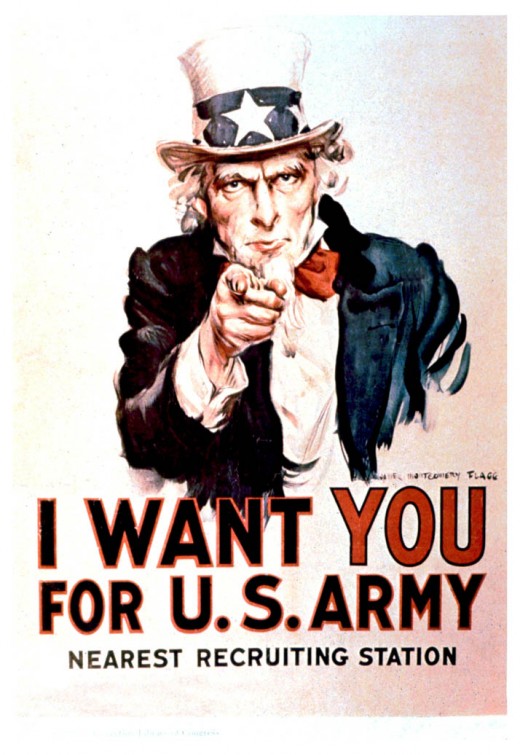
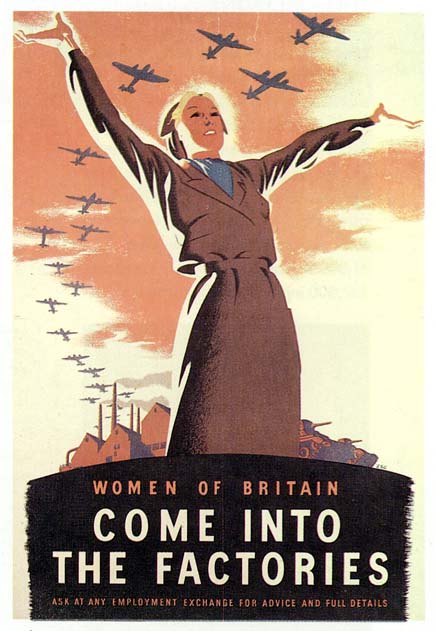
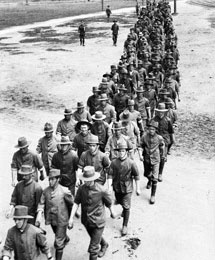
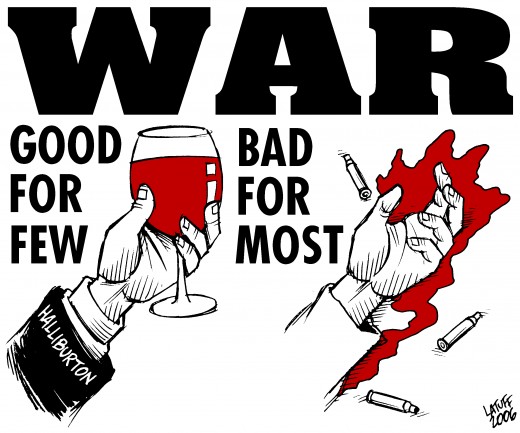
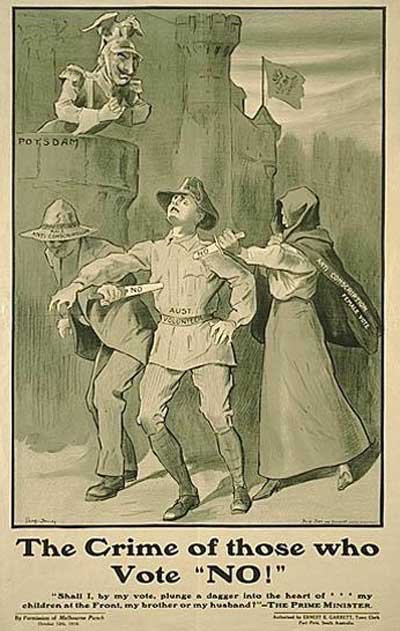
Forced conscription to military service depends on the countries goals. If there is a need to rebuild after a major disaster; yes, because everyone should pitch in to rebuild. The problem with many regions is that they become too reliant on handouts, when they should be rebuilding after the damage. Sometimes the damage is so heavy there is the need for outside intervention, but the damaged region should provide the conscripted manpower.
When Cuba suffered a devastating category six hurricane, the people rebuilt swiftly after the event. 30 days after the hurricane, food was again available on the table without relying on imports. After 90 days, much basic housing was rebuilt. Compare this to Haiti that is still languishing 3/4 of a year after the massive January 2010 earthquake.
On the other hand, forced conscription for war must be truthfully justifiable and not based on propaganda or wishes of conquest for resources and growing space. During war, almost all countries have forced conscription and this means people must fight or be shot for high treason. It would be nice if conscientious objectors could serve in a medical branch, but this option is seldom available. Many countries opt for mandatory service from all able bodied males, such as in Israel where every male must spend a minimum of two years in the military before pursuing other careers. Other countries do this as well and it could be a good policy just for the discipline and training that is transferable to life outside of the military.
The US and Canada have tried conscription and voluntary service with mixed results. During the second world war, there was no problem getting volunteers. Many people were actually turned down due to too many volunteers. During the Vietnam war, the situation was just the opposite. The war was unpopular and there were not enough volunteers, so a forced conscription was legislated into law and those drafted had to serve, unless they resisted, flunked the medical or fled north to Canada to avoid the draft and arrest for breaking a wartime law.
In today's world of the war on terror, there are many venues where one can wind up serving their country in a military style sense without actually joining the armed forces. These include primarily security jobs of all types like at airports and IT. It can also include any first responder job such as paramedics, fire and police in any city, especially if struck without warning by a terrorist attack. The risk to the first responder is as great as any on the front lines of any battlefield. So in a very real sense, many of us are already conscripted by the mere fact that our jobs put us on the front line in a war that knows no boundaries or point duty as many have been familiar in the past.
The very act of aggression of one nation state against another sovereign state immediately places the one under attack in a condition of forced conscription, especially if combat ends up street by street and house by house. This has been the typical history of warfare regardless of where it was fought and who was involved. To defend one's home from any aggressive attack, whether by invasion from a foreign military force or from a home invasion from a criminal assault, forces conscription virtually on the spot. Who among us would not defend their own home? In this light, "Should countries have a forced conscription?" is a self answering question. The conditions prevailing in the circumstance decide the necessity of forced conscription.







